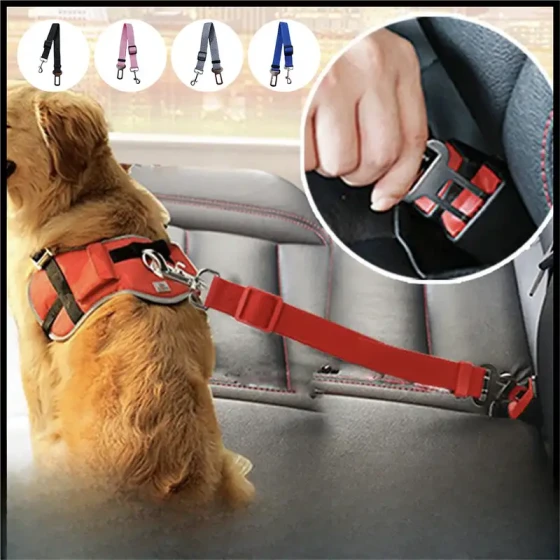Dog Nasal Inflammation Symptoms, Symptoms Classified by Severity and Urgency
What symptoms does dog nasal inflammation have? First, dog nasal inflammation is divided into two types: one is acute rhinitis, and the other is chronic rhinitis, meaning their symptoms also differ.

Acute rhinitis symptoms manifest as redness and swelling of the nasal mucosa, often accompanied by frequent head shaking, scratching the nose with their paws, sneezing, and nasal discharge that initially appears as transparent watery fluid and gradually turns into yellow-green pus-like discharge. When dried, it forms crusts around the nostrils. When the condition worsens, the nasal mucosa swelling becomes severe, causing the nasal cavity to narrow, leading to breathing difficulties and nasal congestion sounds. If conjunctivitis is present, tearing symptoms occur. If accompanied by pharyngitis, symptoms include difficulty swallowing, coughing, and swollen mandibular lymph nodes. Chronic rhinitis has a long disease course, with nasal discharge varying in amount and mostly appearing as yellow-green pus. If acute rhinitis is not treated promptly, it may evolve into chronic rhinitis, causing bone necrosis and tissue breakdown. The nasal discharge may contain blood streaks accompanied by a fishy smell. Special attention is required if suffocation or brain lesions occur.

The common causes of rhinitis are accidental chills, failure to keep the dog warm in time, leading to a cold with nasal discharge that is neglected, resulting in infection. The nasal mucosa becomes irritated, causing congestion and exudate in the nasal cavity, which allows bacteria to multiply significantly and ultimately leads to rhinitis. It can also be caused by inhaling poor-quality air environments, causing bacterial infections and symptoms such as nasal discharge.

So how to treat dog nasal inflammation? To treat rhinitis, you first need to understand why the dog has rhinitis and what causes it before applying symptomatic treatment. Generally, it is essential first not to let the dog catch a cold again—keeping warm is very important. Secondly, do not let the dog breathe polluted air. Keep the air fresh, strengthen exercise, take more walks, and boost immunity. Usually, following these points can cure acute rhinitis. However, for more severe rhinitis, medication is required. You can use 1% saline solution, 2-3% boric acid solution, and 1% sodium bicarbonate solution to clean the dog's nasal cavity. When cleaning the dog’s nasal cavity, ensure the dog’s head is lowered downward, and after cleaning, apply anti-inflammatory medication drops.



